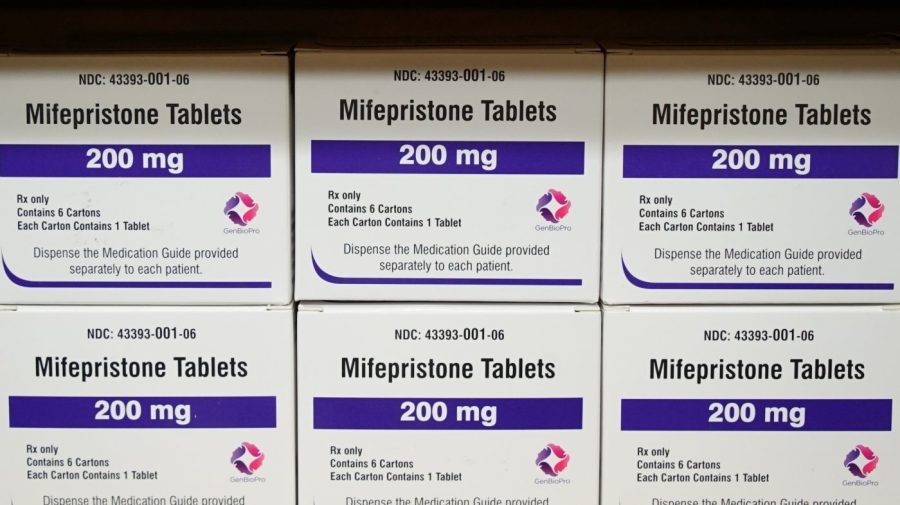Attorneys general of New York, California, New Jersey and Massachusetts are asking the Food and Drug Administration (FDA) to expand access to the abortion pill and remove some “unnecessary” drug restrictions that have been in place for more than two decades.
The joint petition, filed Thursday, comes days after FDA Commissioner Marty Makary committed to reviewing the abortion drug amid pressure from Department of Health and Human Services Secretary Robert F. Kennedy Jr. and some Republican lawmakers.
The FDA first approved of the use of mifepristone and misoprostol for an abortion in 2000.
Unlike surgical abortions, medication abortions do not need to take place in a clinical setting, and patients are able to take the pills at home.
Most abortions in the U.S. are now medication abortions, according to data from the reproductive health and rights group Guttmacher Institute. In 2023, 63 percent of all abortions in the U.S. were medication abortions.
The safety of mifepristone has come under increased scrutiny by some Republican lawmakers, citing a flawed study claiming the rate of adverse health events that occur among patients is far higher than previously reported.
More than 100 scientific studies have been conducted looking at the safety and efficacy of mifepristone and misoprostol; all of them have found that the drugs are a safe way to terminate a pregnancy.
“Given Mifepristone’s 25-year safety record, there is simply no scientific or medical reason to subject it to such extraordinary restrictions,” New York Attorney General Letitia James said. “The FDA must follow the science and lift these unnecessary barriers that put patients at risk and push providers out of care.”
Mifepristone’s use is subject to a Risk Evaluation and Mitigation Strategy (REMS) program under the FDA. The attorneys general argue three requirements under the REMS program for the drug should be removed since they pose a burden to patients and health care systems.
The first is related to prescriber certification. As part of the REMS program, health care providers who prescribe mifepristone are required to add their names to national and abortion provider lists, which the attorneys general say raise “serious safety and legal concerns.”
The second has to do with patient agreement forms. All patients who want mifepristone — even those using the drug to treat a miscarriage — are required to sign a document stating they are using the drug to end a pregnancy.
The third requirement mentioned in the petition is connected to pharmacy certification. As part of mifepristone’s REMS program, pharmacies that carry the drug are subject to tracking, shipping and reporting requirements, which the attorneys general argue may “dissuade” some from carrying the drug.
The FDA has yet to reply to a request for comment from The Hill about the petition.

